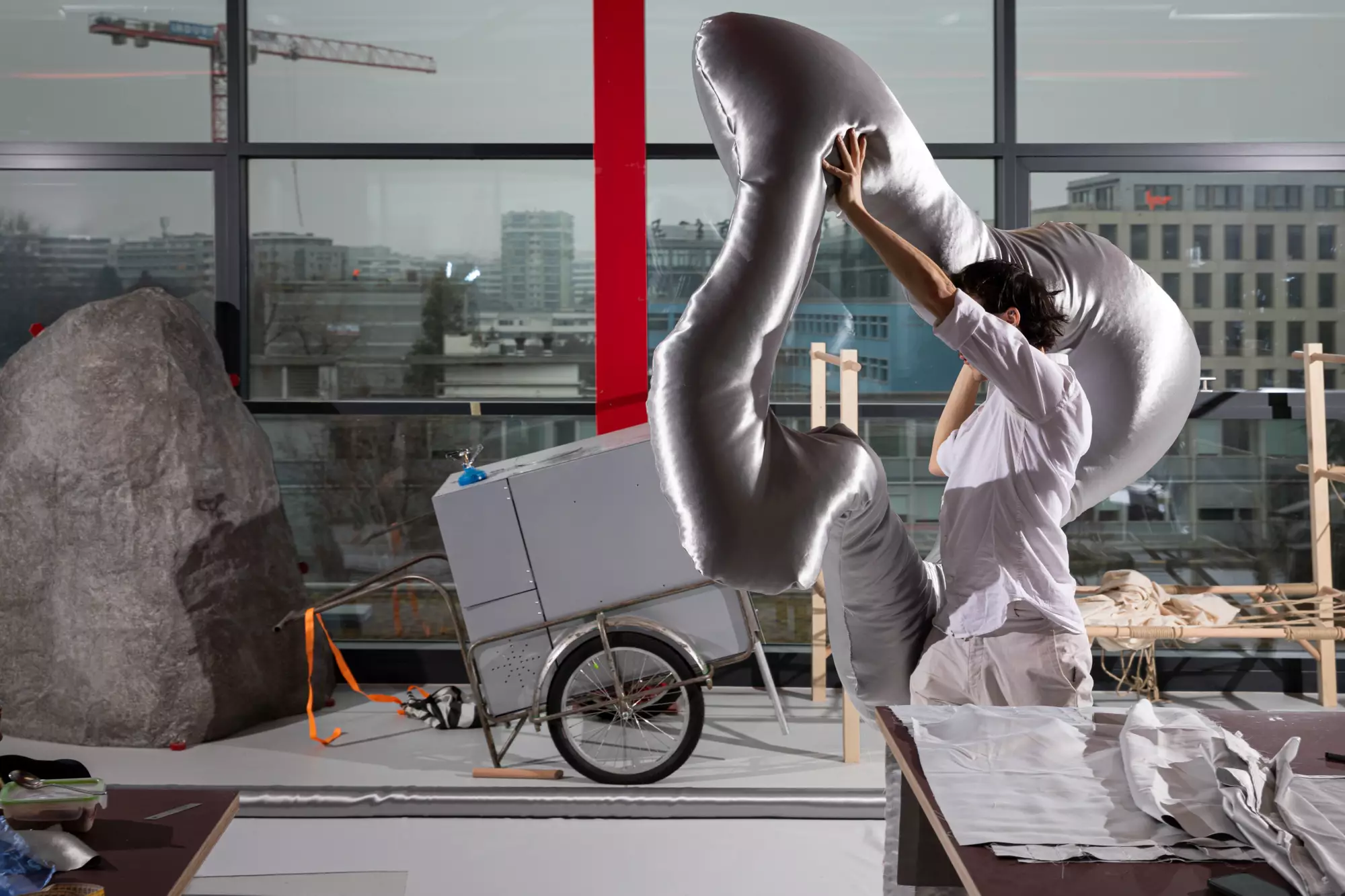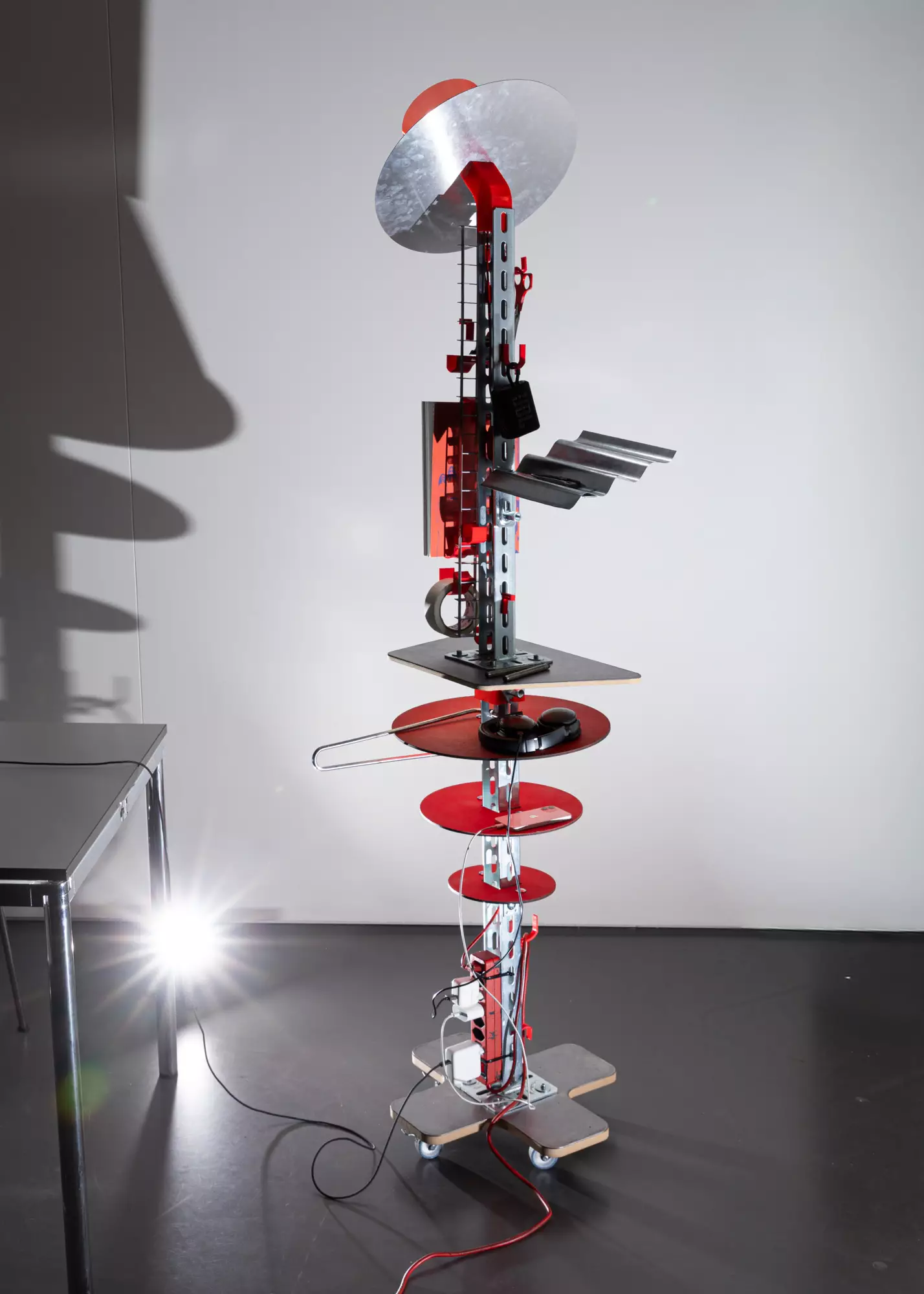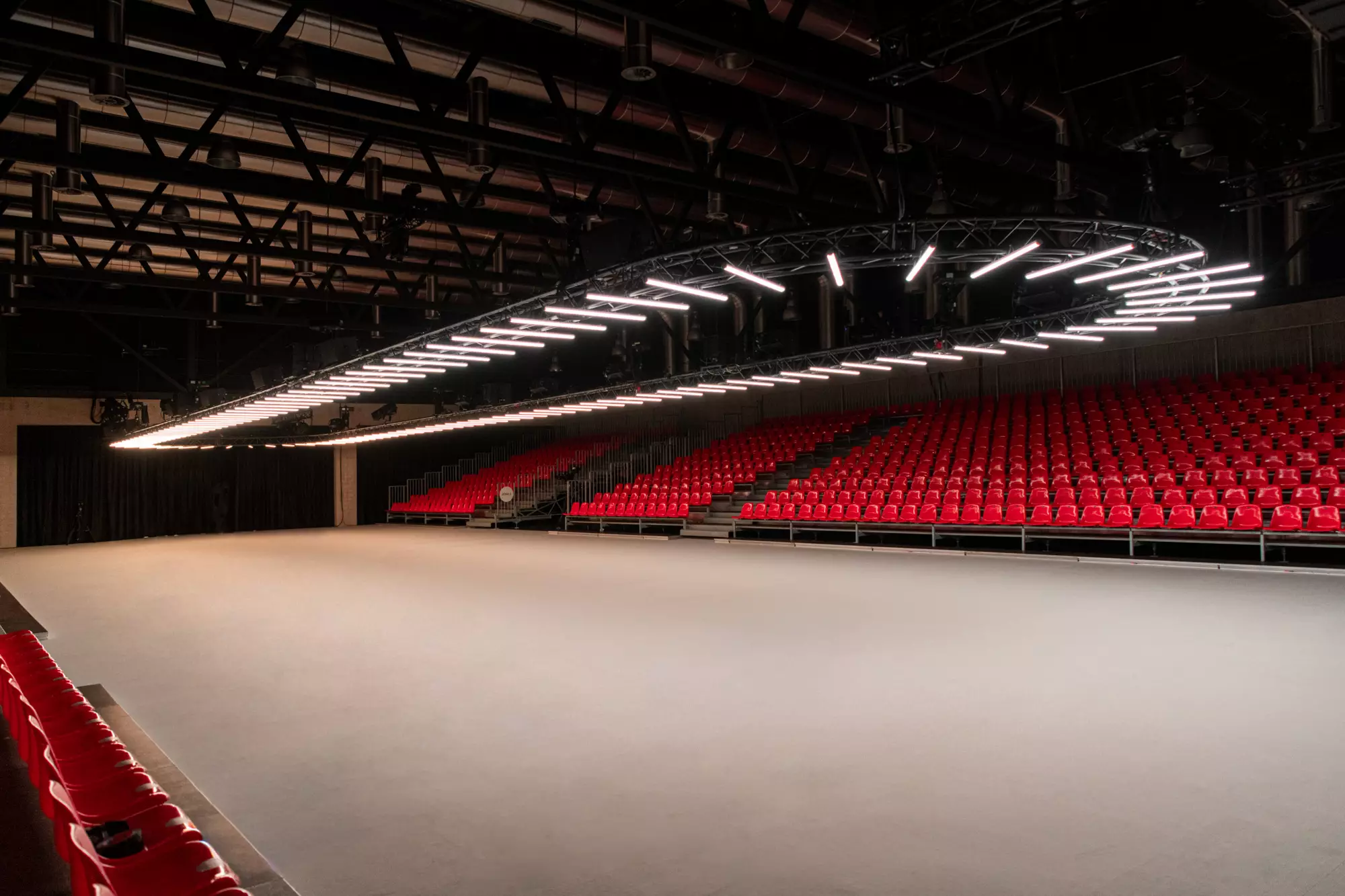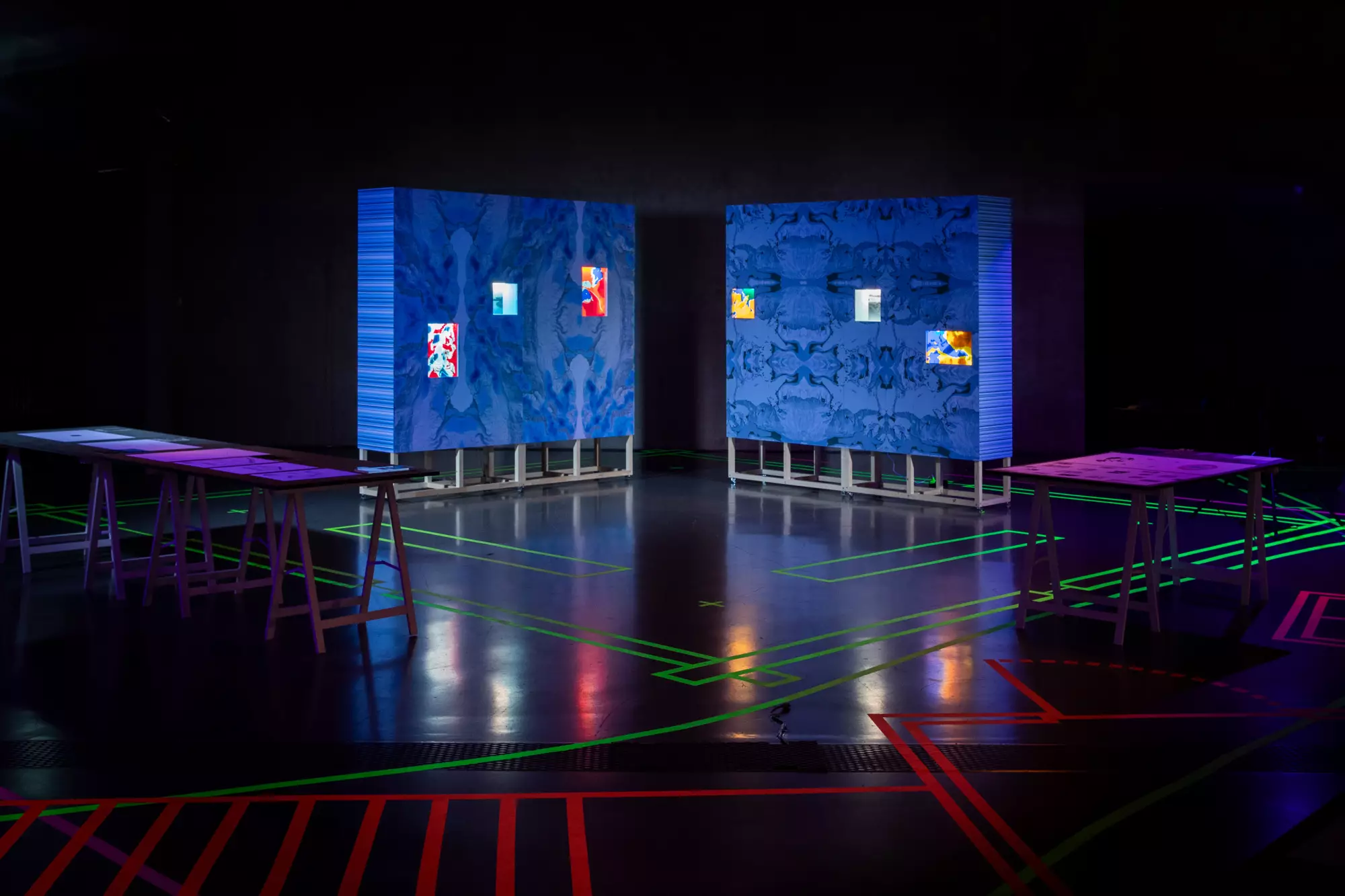
Space Design
From designing spaces to managing construction sites, students learn all the aspects of the trade.

In this department, students develop knowledge of the solutions offered by the interior design and architecture industry and are encouraged to hone their analytical skills and stimulate their curiosity, while learning about the technical and administrative aspects inherent to the discipline.
Bachelor of Arts in Interior Architecture

Interior spaces are nowadays laboratories of contemporaneity. Whether it is through renovation projects, temporary scenography or artistic installations, the interiors have become an endless arena for the exploration of cultural, environmental and social agendas that transform the contemporary condition from within.
The BA in Interior Architecture is a three-year undergraduate programme that prepares its students for a professional career in interior design. The curriculum focuses on the variety of spaces, objects and societies that configure contemporary interiors in every domain and on every scale, from private to public, local to global. The courses combine studio projects on different aspects of the discipline (private/public interiors, heritage renovation, scenography, object design) with theory modules (history/theory of architecture and design) and technical modules (construction and materiality, energy and sustainability, analogue and digital representation, professional practice). Students in the BA programme are thus led to master every aspect of the profession, while learning to position themselves on contemporary issues.
Master in Interior Architecture

The Master of Arts in Interior Architecture (MAIA) is a two-year professional programme that views interior architecture at the intersection of space, ecology and contemporary society. Space design is seen as multidimensional, articulating the diversity of interior spaces, objects and media that configure reality on many paths and scales, from material to virtual, and from local to global.
The programme focuses on mastering the professional aspects of interior architecture and delves into the public, private, and commercial spheres of contemporary interiors, placing special emphasis on ecology, digital innovation, and inclusivity paradigms. The MAIA programme tackles contemporary environmental and societal challenges, such as the circular economy, carbon footprint, and humanitarian design. It explores the implications of new ecological paradigms, including post-human and non-human perspectives, for interior architecture as a discipline across its various professional domains: space design, product design, new media, research, curatorial, and editorial practices.
Master Design Installation (Space and Communication)
 © HEAD – Genève, Raphaëlle Mueller
© HEAD – Genève, Raphaëlle MuellerThe course is structured across multiple studio projects, workshops, and external commissions which traverse a range of design disciplines and contexts. This expanded approach to design, and the diverse methods and processes the course teaches, drives projects that engage with contemporary issues including the social, political, and environmental. By creating original projects and methodologies, students develop distinct forms of practice and produce new design languages.
Space and Communication is dedicated to nurturing personal approaches and perspectives for interacting with the world through design. The course promotes social exchange, collaboration and interactivity as the basis for practice-led research. In doing so, it successfully prepares its graduates for futures working in design and media, scenography, exhibitions, design installations, and public or retail environments. Alumni work for commercial companies, institutions and in education, as well as setting up their own design collectives such as Trojans Collective, Studio Tech and Studio PfliegerFoegle or dedicate to their individual practice in design and art.
Check out the program on the HEAD website
